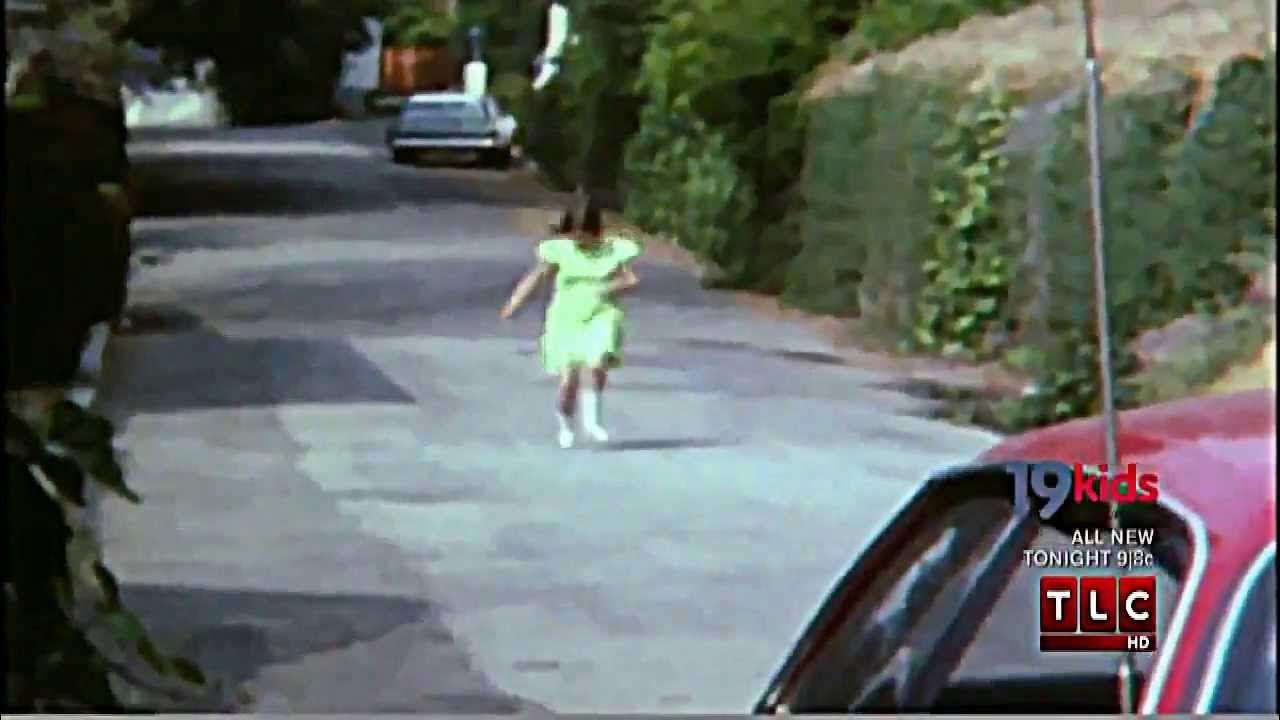Genie: Feral Child
Summary
TLDRThis transcript discusses the case of Genie, a feral child who experienced extreme social isolation and deprivation for most of her early life. Found at age 13, Genie lacked basic communication skills and exhibited signs of severe developmental delays. Psychologists studied her case to explore the effects of nature versus nurture, finding that her isolation hindered her brain development, particularly in areas related to speech and language. Despite these setbacks, Genie made remarkable progress in learning basic language skills, raising questions about human resilience and the impact of early experiences on development.
Takeaways
- 🧠 The debate between nature (biological traits) and nurture (environmental factors) influences behavior, but no definitive conclusion exists.
- 👶 Genie, a feral child, was subjected to extreme social isolation and deprivation for most of her life.
- 🚶♀️ She was confined in a small room, tied to a potty chair, with no social interaction, and discovered at the age of 13.
- 🍽️ Genie was malnourished, unable to communicate, and lacked control over basic bodily functions when she was found.
- 🔬 Her case became a focal point in understanding how deprivation affects human development, particularly language acquisition.
- 👂 Despite missing the critical language learning period, Genie began learning words and forming basic sentences after being rescued.
- 🧠 Studies of Genie's brain showed underdevelopment in areas responsible for speech and language due to lack of stimulation.
- 🗣️ Over time, Genie progressed to using simple phrases and sentences, demonstrating some capacity for language development.
- 📉 Despite some initial progress, Genie regressed after losing funding and being placed in various foster homes.
- 🌱 Genie's case illustrates both the importance of early childhood development and the potential for resilience and learning even after severe deprivation.
Q & A
What factors influence a person's behavior according to the script?
-The script suggests that a person's behavior is influenced by both biological and environmental factors. It argues that people are born with certain biological traits, but how they are cared for and raised can drastically alter those traits.
Who was Genie, and why was her case significant?
-Genie was a feral child who experienced severe social isolation and deprivation. Her case is significant because it raised important questions about human development, particularly in terms of language acquisition and the impact of nature versus nurture.
What were the living conditions Genie endured before she was found?
-Genie was confined to a small bedroom, often tied to a potty chair, with little to no social interaction. She was malnourished, and her father enforced complete silence, punishing her for making noise.
What physical and social impairments did Genie display when she was found?
-When found at age 13, Genie was malnourished, unable to stand upright, had no control over her bodily functions, and displayed no communication skills or desire to socialize.
How did psychologists try to help Genie after her discovery?
-Psychologists, like Susan Curtis, spent considerable time studying and working with Genie, trying to teach her language and social interaction. Genie initially understood a few single words and gestures, and they gradually worked on developing her language skills.
What challenges did psychologists face when interpreting Genie's case?
-Psychologists found it difficult to interpret results from tests on Genie due to her unique developmental history. Some test results suggested brain damage, while others contradicted that, leaving many questions unanswered.
What did brain scans reveal about Genie’s cerebral cortex development?
-Brain scans showed that the left side of Genie’s cerebral cortex, responsible for speech and language, had not developed normally due to a lack of stimulation during her isolation, resulting in significant damage to her speech centers.
How did Genie eventually progress in terms of language development?
-Genie slowly learned to string individual words into phrases, such as 'after dinner have cookie,' and began using possession in sentences, like 'my house,' though her sentences remained grammatically simple.
What was surprising about Genie's ability to learn language?
-It was surprising that Genie could learn to communicate at all, given that the most crucial years for language development are from birth to three years old. Despite being 13 when she started learning, she showed the ability to acquire some language skills.
What happened to Genie after the research funding for her case ended?
-After the research funding ended, Genie was placed in foster homes, where she experienced a regression in her development. She stopped speaking for a period of five months, likely due to her environment and past trauma.
Outlines

This section is available to paid users only. Please upgrade to access this part.
Upgrade NowMindmap

This section is available to paid users only. Please upgrade to access this part.
Upgrade NowKeywords

This section is available to paid users only. Please upgrade to access this part.
Upgrade NowHighlights

This section is available to paid users only. Please upgrade to access this part.
Upgrade NowTranscripts

This section is available to paid users only. Please upgrade to access this part.
Upgrade NowBrowse More Related Video

Uncovering History - Genie Wiley "The Feral Child" One of cruelest isolation stories in the world.

What If You Were Never Taught Anything?

The secret case of Genie Wiley, the wild child. TLC Documentary

Genie Wiley: the feral child

Menguak Pemicu Remaja Bunuh Ayah dan Nenek di Jakarta Selatan

Bullying in Spain's schools | DW Documentary
5.0 / 5 (0 votes)